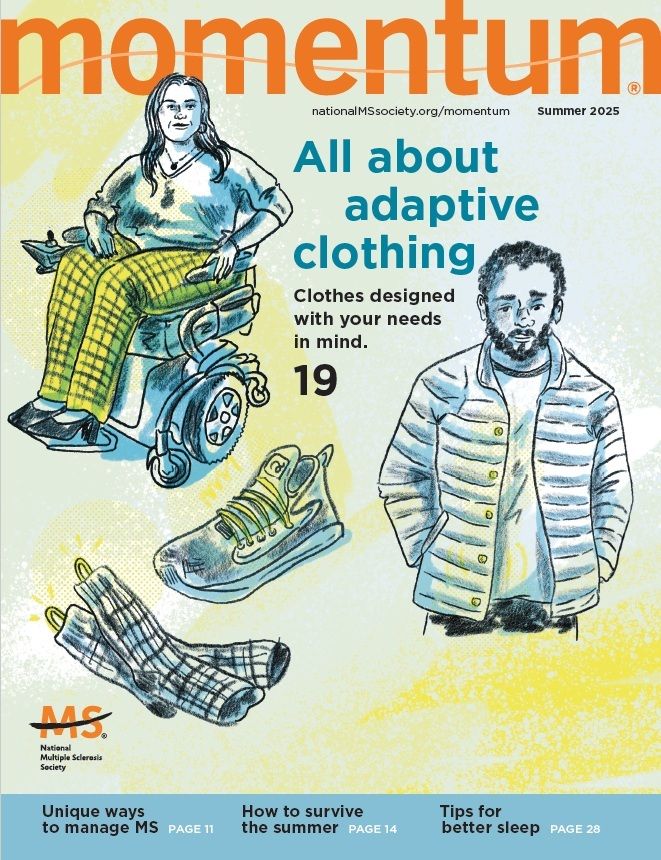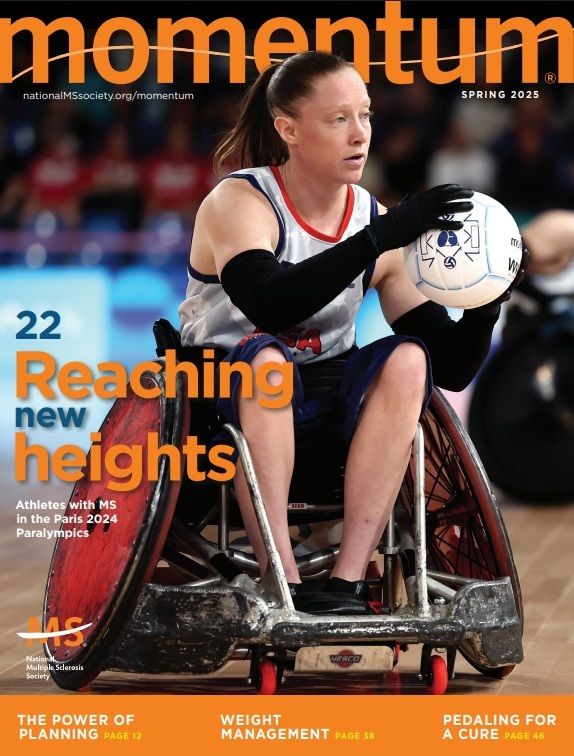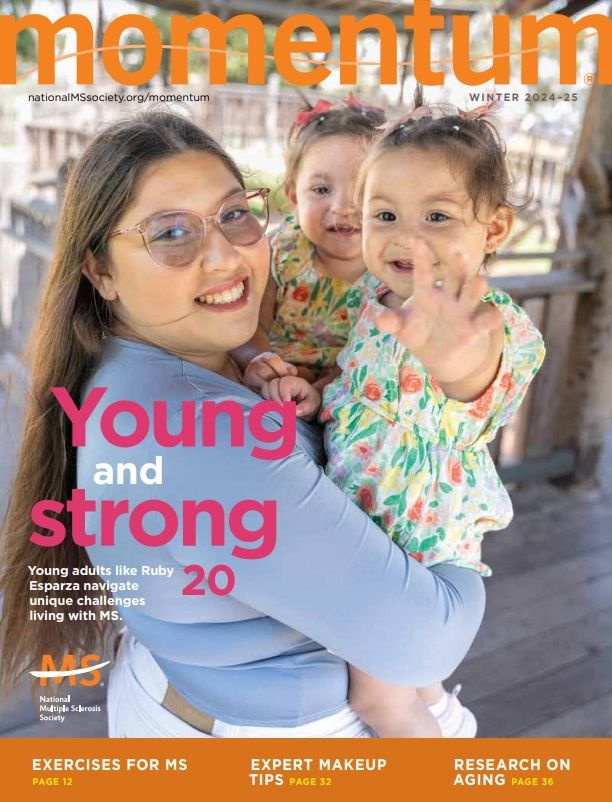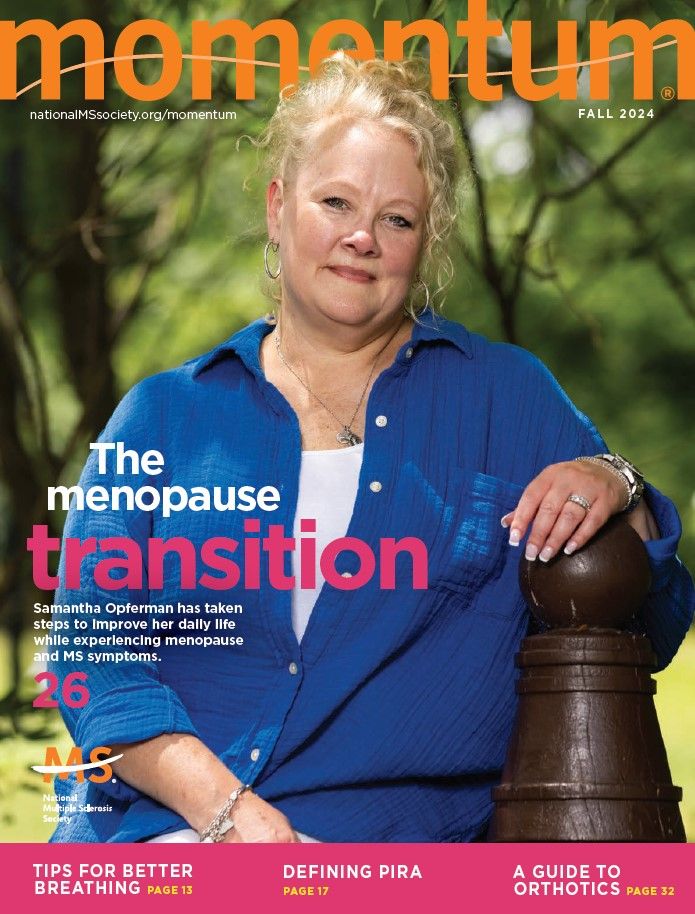Work it
You might not have to quit your job after all. Vocational rehabilitation helps people with MS explore their employment options.


Help Explore Your Options

Lack of an Exit Strategy

Services That Help
How To Get in the Door
The Hidden Resource

The Benefits of Early Admission
A study published in 2015 in Rehabilitation Research, Policy, and Education reported that about 70% of people with MS weren’t working when they applied to a VR program. But those who utilized VR while they still had a job saw increases in their average weekly earnings and average number of hours worked.“About 70% of clients in this group were able to retain their jobs or find new jobs after receiving VR services,” Bishop says. “Unfortunately, for several reasons, the numbers are somewhat lower for people who have stopped working.”Rumrill says one of those reasons is that “every day someone’s disengaged from the workforce, they feel more disconnected, both mentally and physically. Job retention works best sooner in the disease process, when people still are relatively healthy and still think of themselves as workers. Once you get on disability or Social Security income, you don’t tend to go back.”Another reason is universal and doesn’t apply only to people with MS. It’s easier to help someone keep their job than to help them restart their career. But as any mother who re-enters the workforce after taking time off to raise a child knows, it’s not impossible.Still, there can be red tape and delays with government-run VR services. Rumrill says it can take as long as six to eight weeks for a VR office to determine whether an applicant is eligible for services. That’s why some people opt for VR programs at universities and clinics financed by health insurance.Some large healthcare facilities with MS programs provide VR services as part of their overall rehabilitation services.NYU Langone Health is a major academic medical center that offers VR services through its Rusk Rehabilitation Program. Vocational Rehabilitation Director Robert Lindsey says the department is a private nonprofit partially funded by the state VR agency.People who want to use NYU VR services need a referral from their doctor, the state VR agency and the Department of Veterans Affairs. Individuals are accepted on a case-by-case basis. “But I’ve never seen anyone with an MS diagnosis turned down for an initial assessment,” Lindsey says.The NYU VR program offers services similar to state programs, including vocational evaluation, work readiness training and job placement, and people with MS may work with counselors for years if necessary, Lindsey says. “Vocational rehabilitation is particularly suited to people with MS because it can address symptoms at different stages of the disease.”The University of Washington Medical Center’s Rehabilitation Counseling VR program is part of a multidisciplinary medical approach for MS that includes physical therapy, speech therapy, occupational therapy and psychological counseling. Services are hospital clinic-based and billed to health insurance. Like the NYU program, the UW program partners with the state VR office.During the initial visit with a new patient, Stuckey conducts a thorough review of symptoms and disease progression. Other discussion points include employment, education and life activities with both the patient and their family.“Because most people are diagnosed with MS during their key working years, I get a good bit of job questions,” he says. “I’ve found that if I can meet with folks early on in their disease and do early intervention work, it’s a big factor in sustaining employment and increasing confidence and acceptance of the disease.”Stuckey believes people with MS can benefit significantly from VR services. “Health status can change very quickly when you have MS, which can lead to employment emergencies that vocational rehabilitation can address.”










